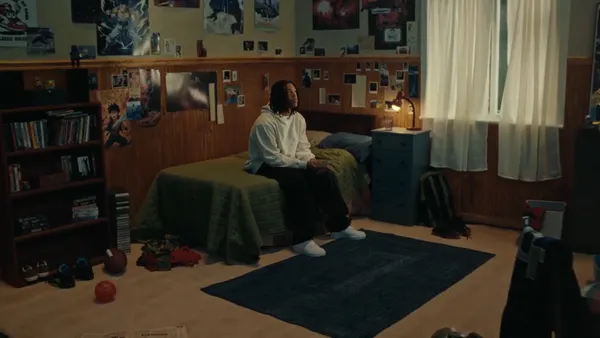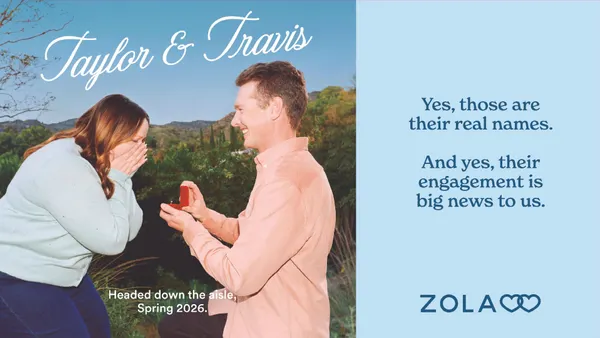Dive Brief:
- A federal appeals court overturned a lower court's ruling that backed Molson Coors in an ongoing battle about corn syrup against its bitter rival Anheuser-Busch. In a short but sharply worded ruling, the Seventh Circuit Court of Appeals said Anheuser-Busch can advertise and use packaging that implies its rival's beers contain corn syrup.
- The court said by choosing a word like ingredients "with multiple potential meanings, Molson Coors brought this problem on itself." The ruling, issued on May 1, said it should be left up to consumers to decide their take on corn syrup in beer. "Whether that 'something' is good because it improves flavor (Miller and Coors’s take) or bad (Bud’s) is for consumers rather than the judiciary to decide," the court said.
- "If Molson Coors does not like the sneering tone of Anheuser-Busch’s ads, it can mock Bud Light in return," the Seventh Circuit Court of Appeals wrote in its decision. "Litigation should not be a substitute for competition in the market."
Dive Insight:
In a lawsuit that has gone on for more than a year, Molson Coors sued Anheuser-Busch following a Super Bowl commercial and subsequent ad campaign that touted the fact that Bud Light doesn't use corn syrup. Molson Coors accused its rival of launching a "false and misleading advertising campaign targeting Miller Lite and Coors Light in order to deceive beer consumers."
The appellate court's decision is unclear as to whether this puts a rest to this litigation. It states that the chief issue at hand for the lower court right now is to determine if there is still an issue that it can decide.
In one of several attacks between the two sides since, AB InBev, the parent of Anheuser-Busch, accused Molson Coors of stealing its secret beer recipes in an 84-page heavily redacted counterclaim. AB InBev claimed an employee of MillerCoors — the former name of the international brewer's U.S. division — got the recipes for Bud Light and Michelob Ultra from an Anheuser-Busch worker.
The ongoing skirmish between the two rivals underscores that while beer sales for traditional brews like Bud Light or Miller Lite are declining, they continue to rake in billions of dollars in revenue and remain popular with many consumers. Businesses have a vested interest in protecting their brands and ensuring they are viewed favorably by shoppers, especially in light of changing consumer trends that threaten to further curtail sales.
As consumers more closely watch what they eat and drink, few ingredients have been as vilified as corn syrup. There is a longstanding debate about whether corn syrup is healthy. A potential link between corn syrup and obesity helped drive down its use in food and drinks the past few years.
When Anheuser-Busch originally aired the Super Bowl ad highlighting there was no corn syrup used in its Bud Light product, the company was looking to take advantage of the perception people have of corn syrup while latching on to the fact that consumers are looking for more transparency in their foods and beverages. Ironically, AB InBev does use corn syrup in some of its other beverages, including Stella Artois Cidre and Busch Light.
It's important to big beer companies to protect their existing market share. Americans — most notably younger consumers such as millennials and Gen Zers — are increasingly drinking less alcohol or skipping it altogether. When they do, they're more likely to turn to spirits, craft beers or ready-to-drink products like hard seltzer. Overall, beer volume slipped 2.3% in 2019, its fourth straight year of declines, led by a 3.6% drop in domestic brews, IWSR said.
Much like rivals Coca-Cola and PepsiCo or McDonald's and Burger King, Anheuser-Busch and Molson Coors are unlikely to ease up on the attacks of each other as they aim to protect market share. As beer continues to struggle as consumers flock to spirits, hard coffee, kombucha, nonalcoholic beers or spiked seltzers, the corn syrup tussle between the two companies is unlikely to be the last.














